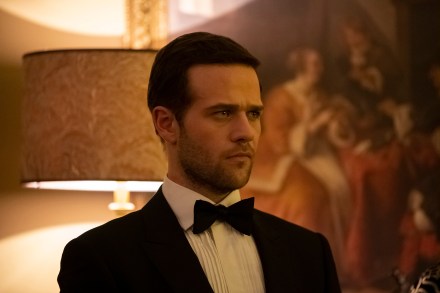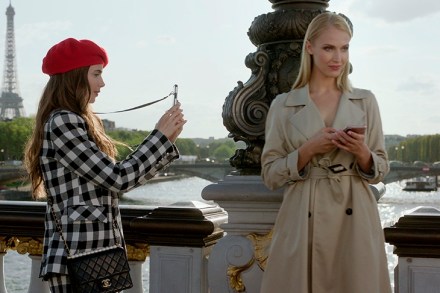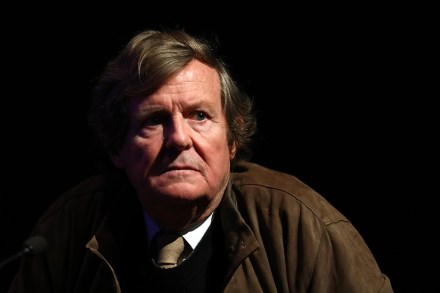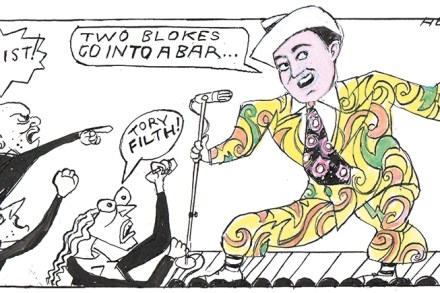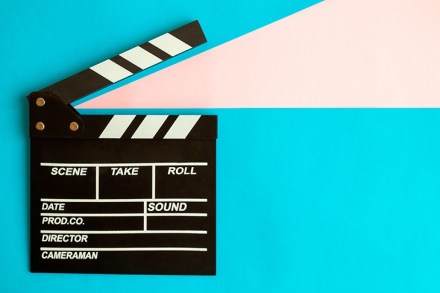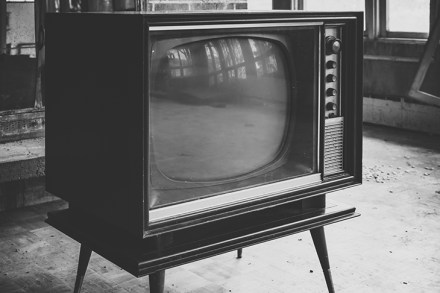Ten underrated thrillers
As we are now well into the unwanted Lockdown sequel and winter approaches, time perhaps to enjoy an enforced home cinema experience with a selection of movie thrillers that you may have missed the first time round. Titles range from big budget star vehicles to smaller scale pictures that introduced us to some of the possible on and off-screen icons of tomorrow. The Coldest Game (2019) – Netflix I came across this Polish-produced Cold War thriller one night when searching for movies similar to Bridge of Spies (2015). Whilst not in the same league as Spielberg’s picture, The Coldest Game has enough twists and turns to engage the viewer, with


